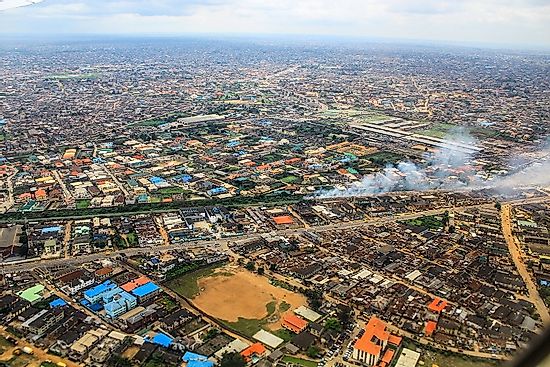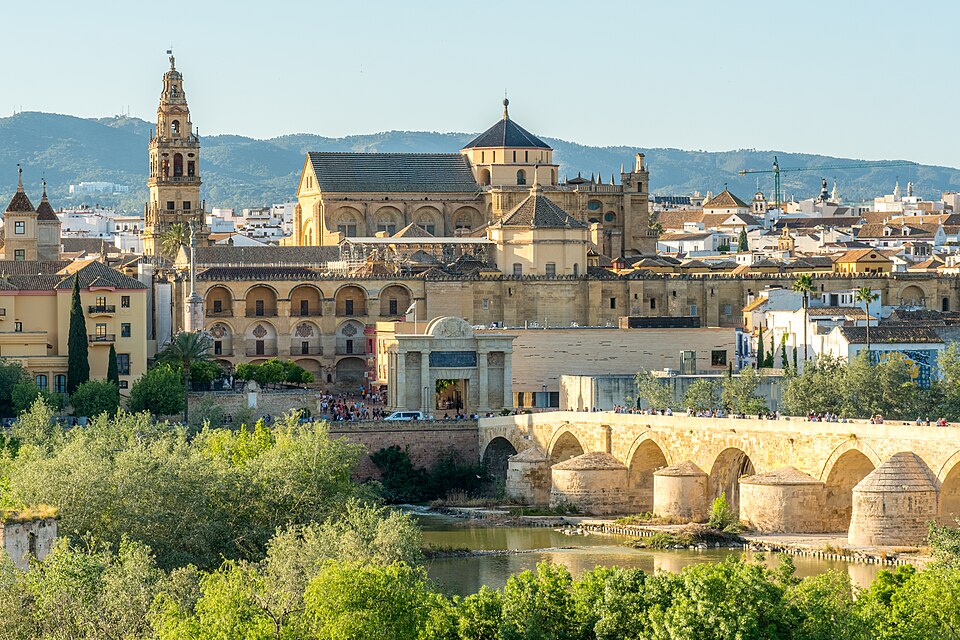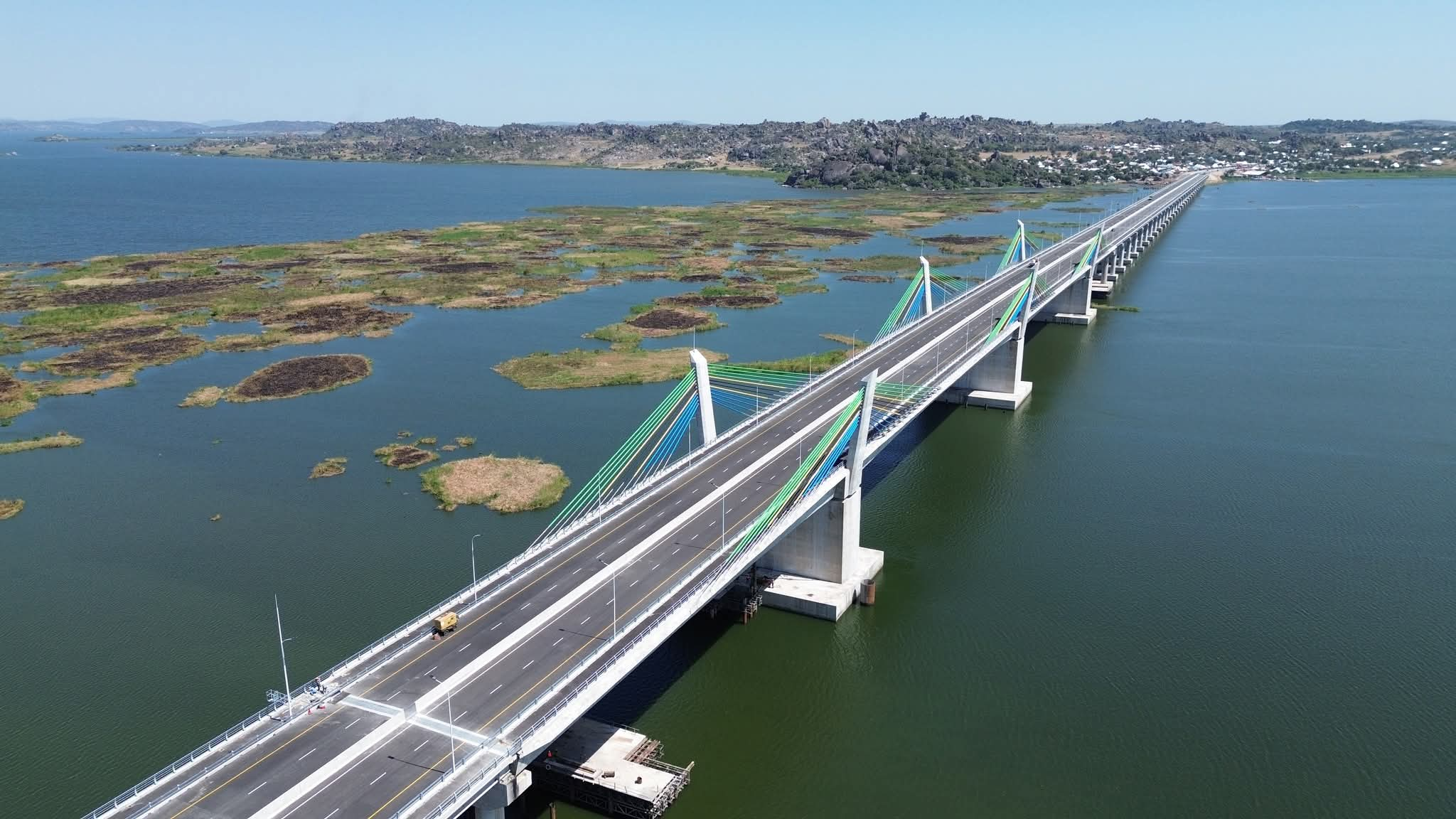LAND MASS: Top 10 Largest Cities In Nigeria

Did you know that while Lagos is the largest city in Africa in terms of population and the second largest in terms of GDP (after Cape Town in South Africa), it is however the sixth largest cities by land mass after Ibadan, Ogbomosho, Jos, Abuja and Benin City?
A land mass is a large region or area of land that is in one piece and not broken up by oceans. The term is often used to refer to lands surrounded by an ocean or sea, such as a continent or a large island. This is the criteria that has been used to adjudge the Top 10 largest cities in Africa's most populated country, Nigeria, often dubbed 'The Giant of Africa'.
Listed below are the largest cities in Nigeria by land mass ranked based on the total land cover that spans their metropolis, the actual urban area settlement, and more.
1. IBADAN CITY, situated in the Southwest geopolitical zone, is the capital and main business hub of Oyo State. It spans approximately 3,080 km² and is the largest city in Nigeria by land mass. The city of Ibadan is a strong commercial hub, thanks to its proximity to Lagos, and is also renowned for its prestigious educational centres, such as the University of Ibadan (UI). Founded in 1829 under the British colonial charter, Ibadan has blossomed tremendously over the centuries.
2. OGBOMOSHO, situated in the Southwest geopolitical zone, was founded in the mid-17th century and is the second-largest city in Oyo State, spanning an estimated 2,110 km². While the town is principally a Yoruba settlement, it has grown to become a perfect metropolis whose backbone is agribusiness involving cocoa, palm oil, and rubber. Furthermore, Ogbomosho city is a notable academic centre, hosting institutions such as the Ladoke Akintola University of Technology (LAUTECH).
3. CITY OF JOS is the third largest city in Nigeria. Situated on the Jos Plateau in in the North Central geopolitical zone, the city of Jos, popularly known as "Jos Town," covers an area of approximately 1,821 km² in Plateau State. The city is reputed for its distinct temperate climate and cascading hills, but its captivating landscapes are a natural beauty to behold. That probably explains why the city has become a major tourist attraction in Nigeria.
4. ABUJA, the Federal Capital Territory of Nigeria is situated in the North Central geopolitical zone. Abuja occupies a land area of about 1,769 km². The city was founded in 1976 but has quickly become a bustling metropolitan area. It currently serves as Nigeria's political capital, home to government institutions such as the National Assembly and the Presidential Complex, among others.
5. BENIN CITY, situated in the Southwest geopolitical zone, was formerly the capital of the ancient Benin Empire of West Africa. It covers a land area of 1,204 km² and is the fifth biggest city in Nigeria by land mass. Benin city is currently the capital and commercial hub of Edo State after the old Bendel State was divided into the states of Delta and Edo
6. LAGOS is the sixth largest city in Nigeria situated in the Southwest geopolitical zone. This comes as a surprise to some persons who mistake the city's status as the most populous city in Africa with its land mass. With an estimated population of over 21 million inhabitants, Lagos, while regarded as a state is also referred to as a city because if its stretch of commercial activities, occupying a land area of 1,171 km². As a port city on the Atlantic coast, Lagos is not only Nigeria's economic hub and home to the famous Nollywood but also a primary commercial centre for the continent.
7. CITY OF WARRI, situated in the south geopolitical zone, alongside the twin city of Uvwie, is the commercial capital of Delta State. The city limits span 1,048 km² and are the indigenous territory of the Ijaw, Itsekiri and Urhobo people. The City of Warri is also a major oil and gas hub, home to the a major refinery, petrochemical plants, and a seaport.
8. AKURE, situated in the Southwest geopolitical zone, spans 991 km² and is the capital and commercial hub of Ondo State. The city's population mainly comprises Yoruba subgroups and serves as a centre for agriculture, focusing on cocoa production. Akure city is also home to the prestigious Federal University of Technology, Akure (FUTA).
9. ABEOKUTA, with a total area of 879 km² is the ninth largest city in Nigeria. Situated in the Southwest geopolitical zone, Abeokuta is the capital of Ogun State. The city was founded under British colonial rule in the mid-19th century and is historically famous for being a refugee centre during the Egba resistance. It is also indigenous to Yoruba-speaking subgroups.
10. ILORIN, situated in the North Central geopolitical zone and located in Kwara State, covers an area of 765 km². The 10th biggest city in Nigeria by land mass, Ilorin is a significant commercial and transportation hub and an educational centre hosting the University of Ilorin. The city's population is predominantly Yoruba.
Source: Legit
#penglobalfactfile


_1755775186.jpg)
